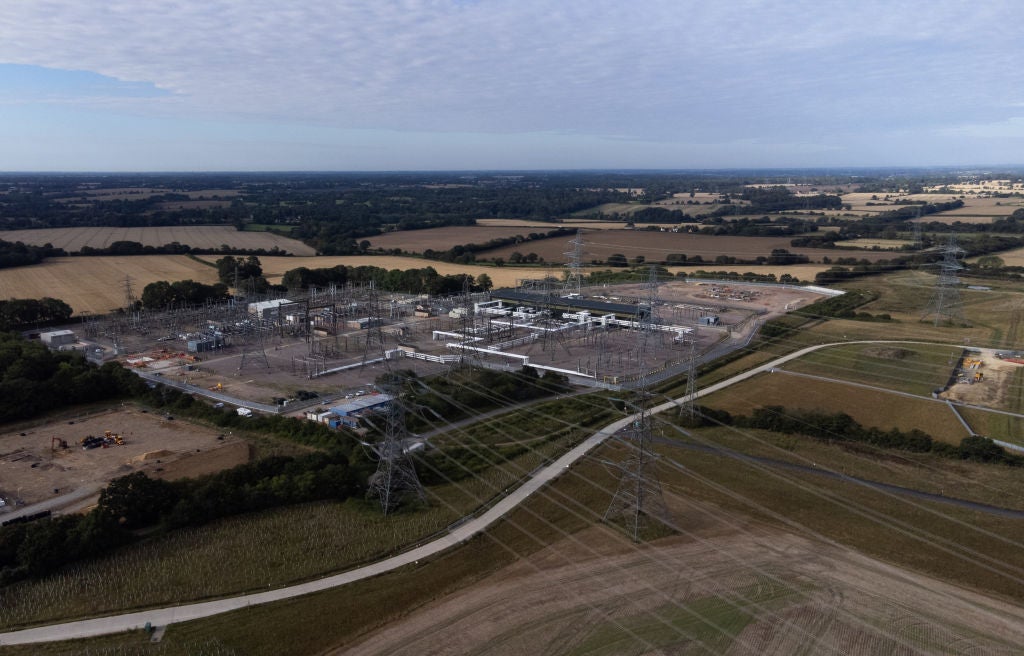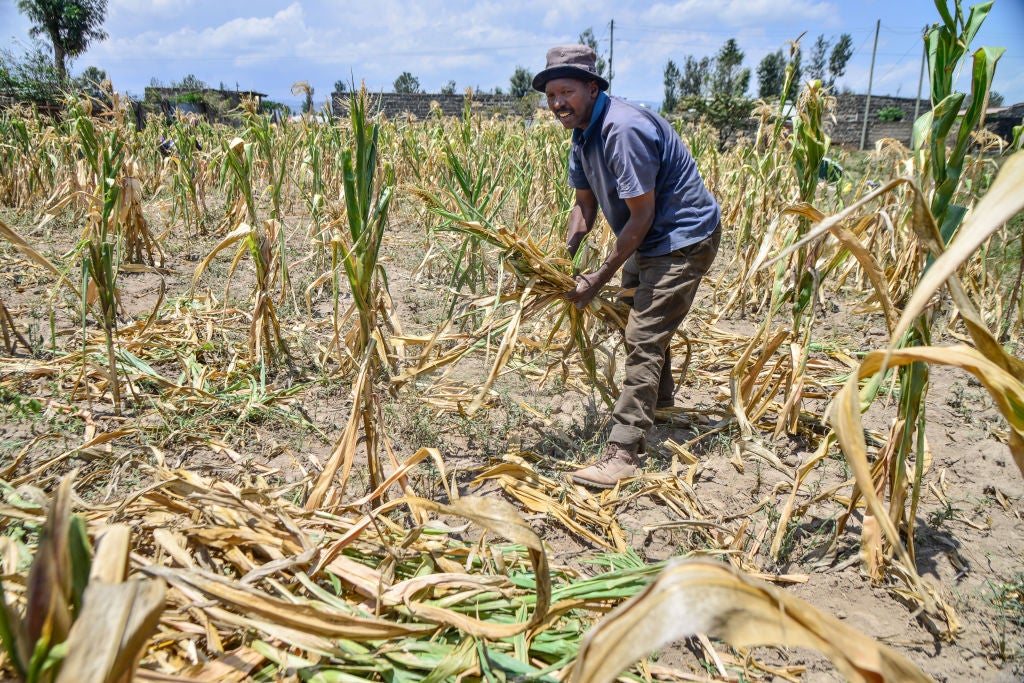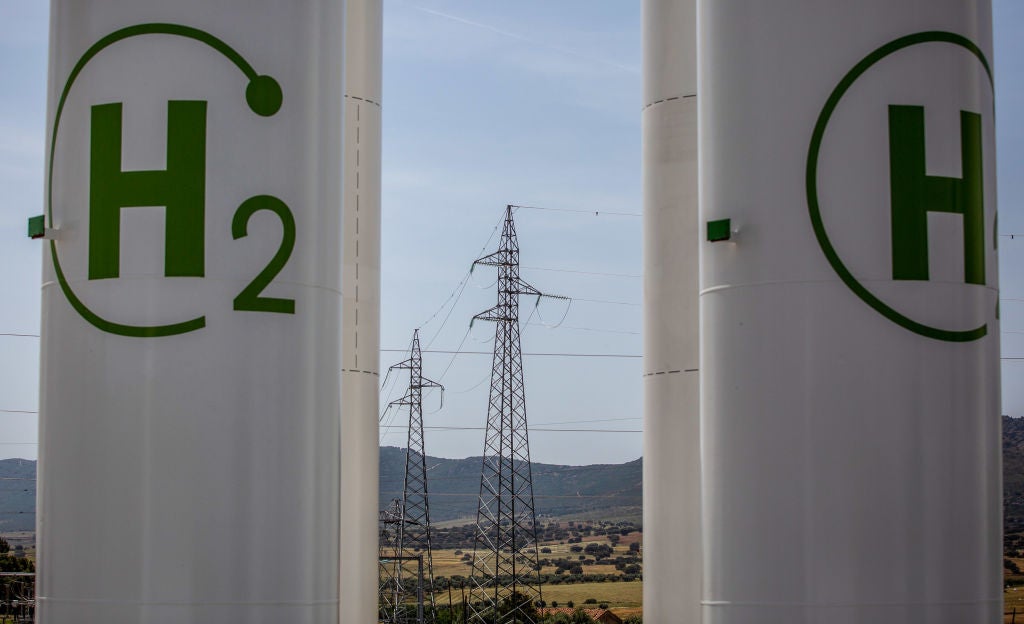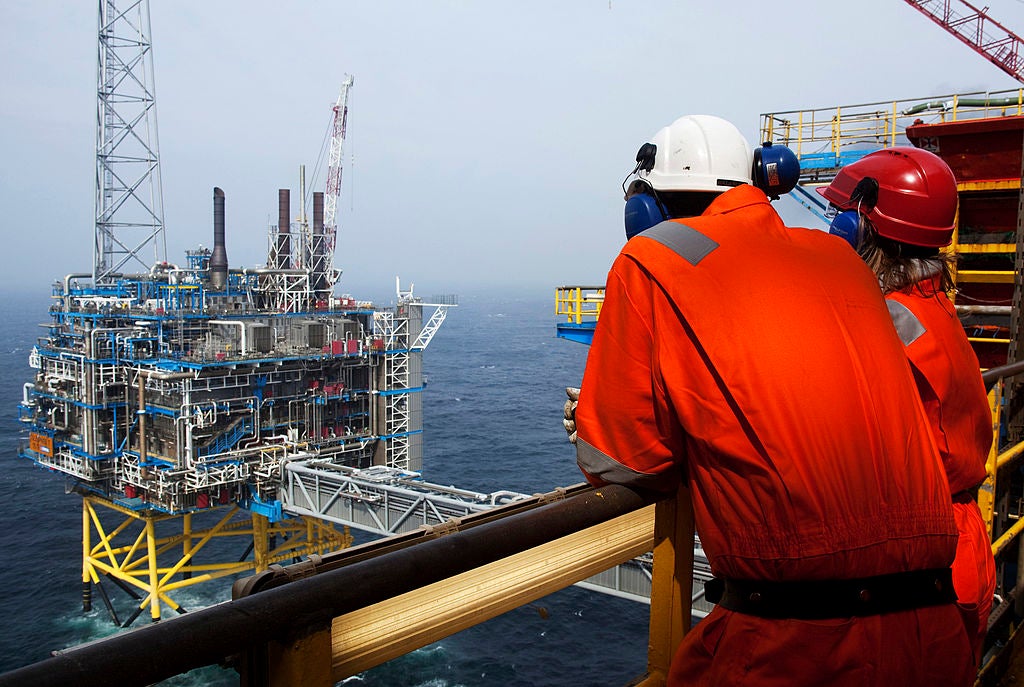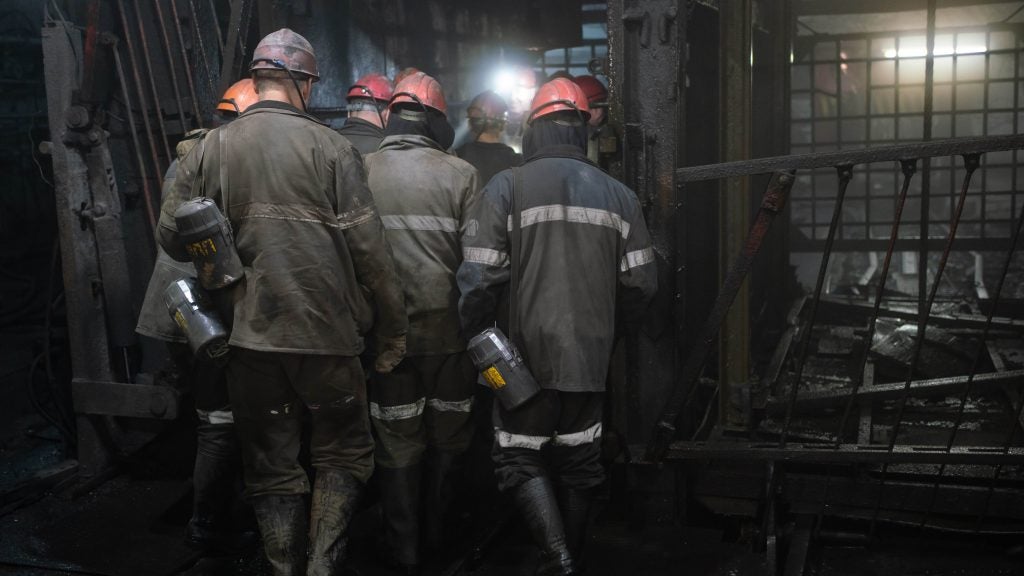Britain’s energy network operator National Grid has paid out almost £28bn ($34.3bn) in dividends to shareholders since privatisation, while the pace of investment in the transmission network has stagnated, finds new research from the Common Wealth think tank.
Its new analysis, published on Sunday during the UK’s Labour Party conference, finds that to meet the government’s existing target of reaching a decarbonised power grid by 2030, five times the number of transmission lines need to be built by 2030 than were built over the past 30 years.
Analysing additional data modelled by the Department for Energy Security and Net Zero (formerly BEIS), Common Wealth finds that total "network costs" (fees paid to transmission and distribution companies via customer bills) required to upgrade the grid in order to achieve net zero are expected to reach between £40bn and £110bn by 2050.
Yet in "stark contrast" to the required surge in investment, Common Wealth’s report reveals that investment has in fact stagnated over the past decade – and even decreased since 2017 – despite a "quadrupling in the deployment of new solar and wind".
Underinvestment, combined with the sluggish pace of grid upgrades, has meant that operators are frequently forced to curtail wind power generation in order to match transmission capacity. In 2021, Britain wasted enough wind to power one million homes, according to recent analysis by think tank Carbon Tracker.
Common Wealth’s report reveals that over the past decade (ending March 2023), National Grid paid an average of £1.6bn annually to shareholders, totalling almost £28bn in dividends since privatisation by the Conservative Government in 1990.
The report argues that "the most significant obstacle" in the path to a clean electricity system is "structural underinvestment in the grid as a consequence of private monopoly ownership". It adds that private ownership of transmission carries "substantially higher borrowing costs than would be the case under public ownership", with National Grid spending £9.2bn on interest payments over the past decade, equivalent to 22% of its net capex.
To meet its even more ambitious target of grid decarbonisation by 2030, the UK’s Labour Party has laid out a flagship proposal to establish a publicly owned energy generation company, Great British Energy (GBE).
Common Wealth argues that while GBE "has the potential to accelerate the buildout of renewable generation capacity to meet this target", the proposal "risks being undermined" by its failure to attend to structural underinvestment in the grid.
On Monday, Labour unveiled a new plan to “rewire Britain”, which would unlock £200bn in private investment to build a decarbonised grid and end the “farcical situation” in which taxpayers regularly pay “up to a staggering £62m per day” to renewable developers to turn off their electricity generation due to a lack of capacity.


